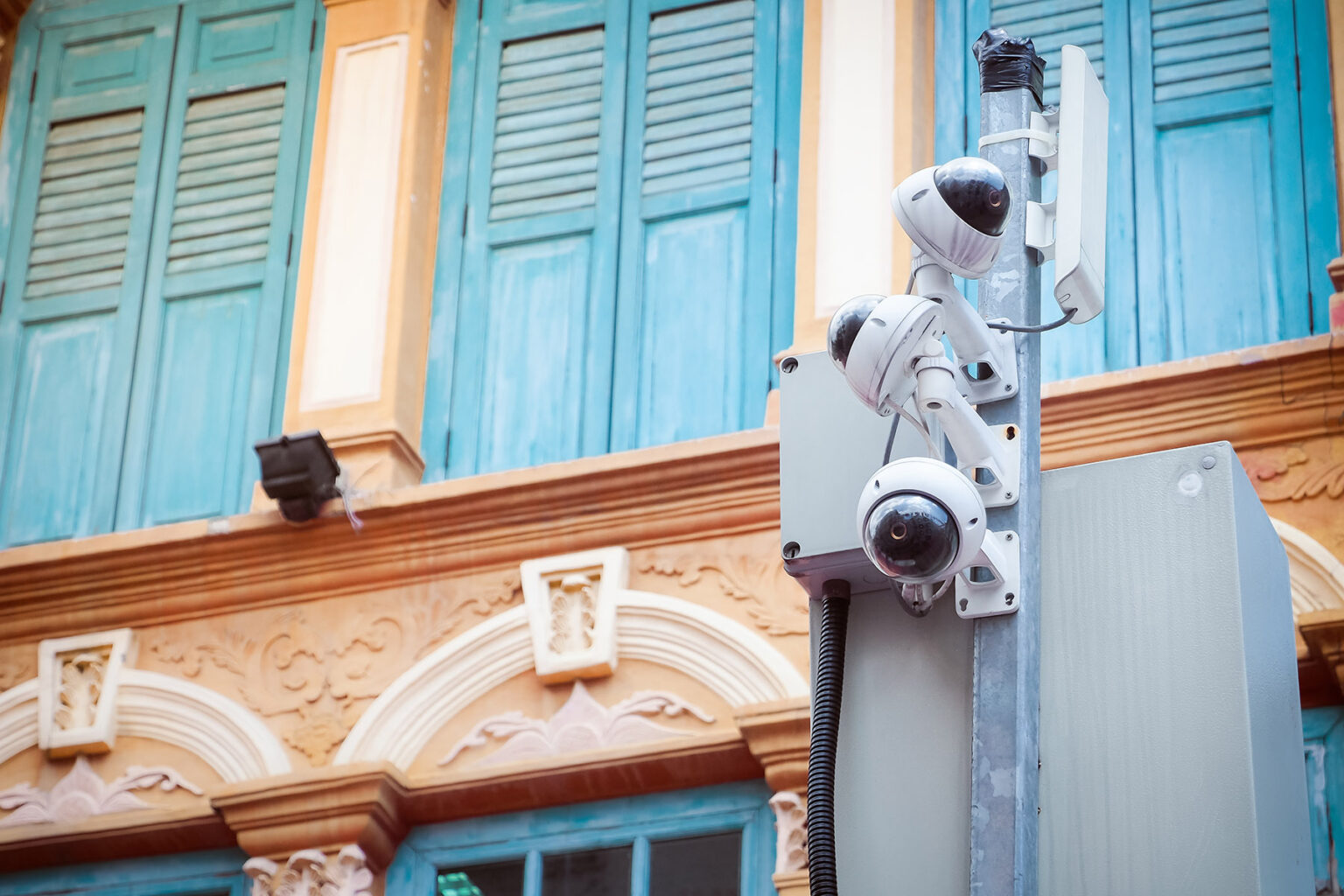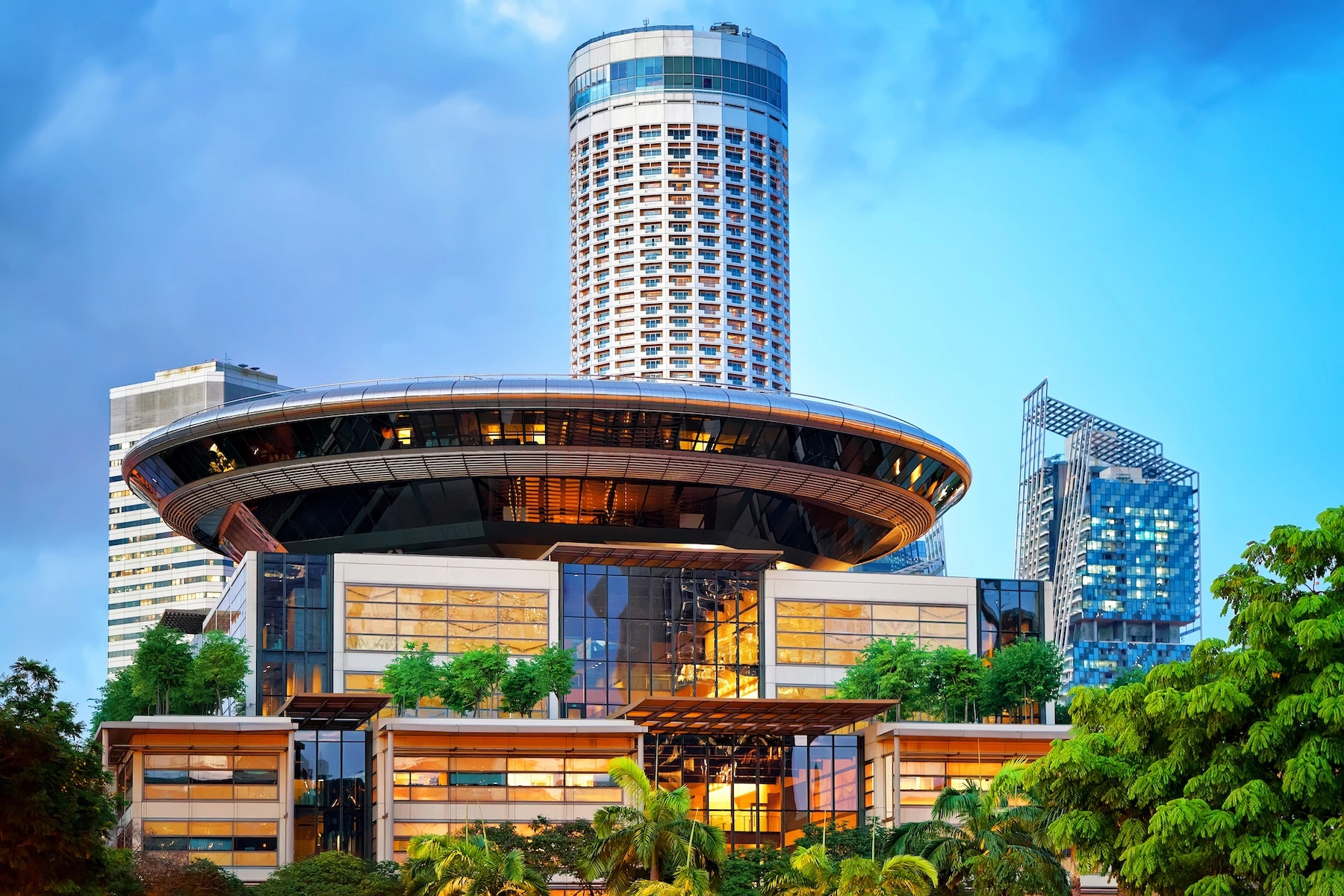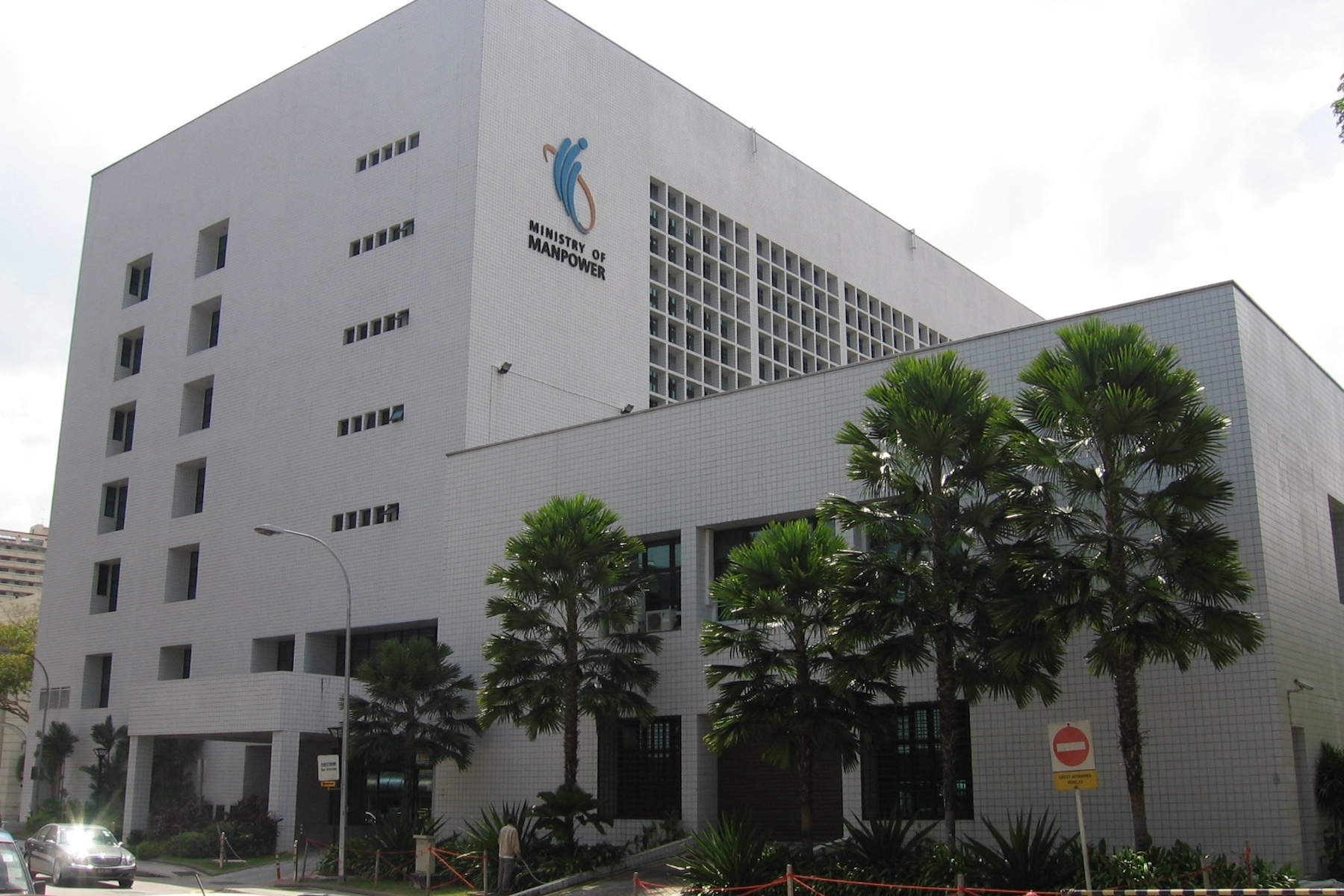Singapore is a relatively new nation-state, gaining its independence in 1965. It has its own Constitution that serves as the foundation for the human rights of its citizens. However, although the country is a high performer when it comes to doing business, it falls behind in several key rights areas, including free speech, the freedom to protest, and LGBTQ+ rights.
Here’s what you need to know about the topic:
- What human rights do you have in Singapore?
- What political rights do you have in Singapore?
- Social and cultural rights in Singapore
- What rights do workers have in Singapore?
- What rights do women have in Singapore?
- What are LGBTQ+ rights in Singapore?
- Are disability rights protected in Singapore?
- Anti-racism and anti-discrimination legislation
- Rights of migrants and refugees in Singapore
- What do you do if your rights are abused or restricted?
- What if you are arrested for a crime in Singapore?
- Which human rights organizations are active in Singapore?
- Useful resources
Ground News
Get every side of the story with Ground News, the biggest source for breaking news around the world. This news aggregator lets you compare reporting on the same stories. Use data-driven media bias ratings to uncover political leanings and get the full picture. Stay informed on stories that matter with Ground News.
What human rights do you have in Singapore?
Chapter 4 (Fundamental Liberties) of the 1965 Constitution outlines the basic rights and freedoms of citizens in Singapore. They include:
- Equal treatment under the law with regard to race, religion, descent, or place of birth
- Freedom of speech, religion, assembly, and association
- Freedom from slavery and forced labor
- Protection from murder and deprivation of liberty
- The right to a lawyer and a speedy and fair trial
- Freedom of movement within its borders
The country has also signed the UN’s Universal Declaration of Human Rights (UDHR), which outlines 30 of the most basic rights that should be universally protected. For example, you have the right to:
- Stay free of torture
- Have a fair trial
- Access education
- Fair wages and freedom to join a union
The three branches of the state – parliament, government, and judiciary – are independent and accountable to each other and to the population at large. The Ministry of Law oversees human rights in Singapore and is ultimately liable for any abuse of power.
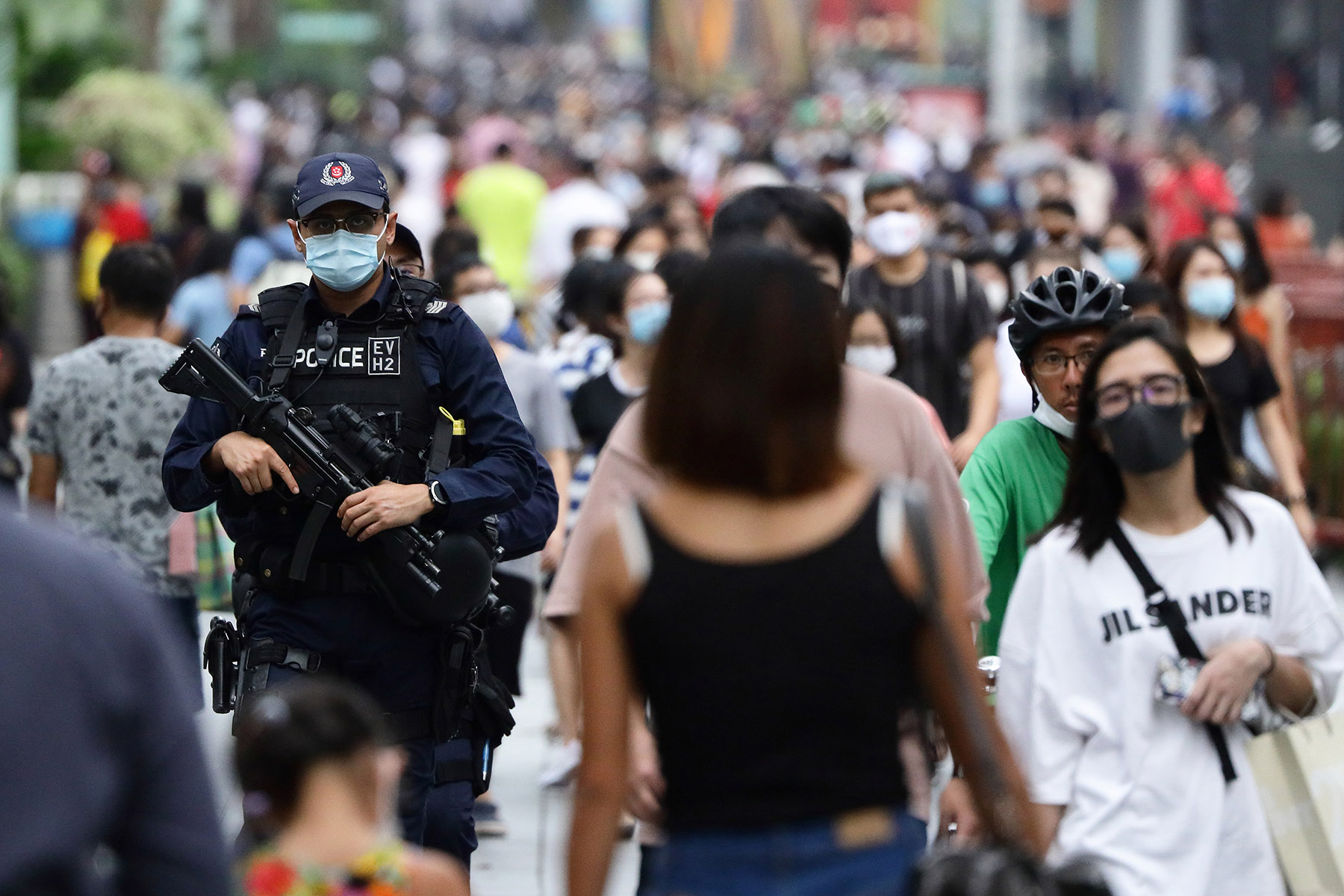
Although these rights and structures seem wonderful on paper, in practice, human rights in Singapore are somewhat stifled.
The government can constitutionally limit the civil liberties of citizens in certain circumstances (e.g., in the interests of national security or public order). In the last few decades, this has allowed them to restrict freedom of speech, attack the news media, and arrest dissenting voices. As such, some have described Singapore’s political system as a form of “soft authoritarianism.”
Singapore’s laws on human rights and freedoms
Singapore’s human rights are based on its Constitution, which the government and judiciary have a responsibility to uphold. There are also several parliamentary acts in place to protect the rights of the people and promote accountability.
In theory, these should not compromise any constitutional rights. However, due to vague language and legal wrangling, they often do. For example:
- Internal Security Act 1960 – contains provisions for indefinite detention without charge or trial in certain circumstances. It has been used against political activists and opponents of the government.
- Public Order Act 2009 – makes outdoor protests and large public gatherings illegal without a prior police permit, unless held at Speakers’ Corner in Hong Lim Park. It’s been used to silence criticism of the government.
- Public Order and Safety (Special Powers) Act 2018 – extends police powers granted in the 2009 Act
- Protection from Online Falsehoods and Manipulation Act 2019 (POFMA) – giving authorities the power to censor online content, especially that which they deem false
- Foreign Interference (Countermeasures) Act 2021 (FICA) – protects the public interest against foreign interference. However, it’s also been used to silence independent journalists and news outlets.
Perhaps more tellingly, the Constitution doesn’t include the right to privacy, and Singapore’s data protection laws do not protect against government surveillance.
The Sedition Act of 1948, which prohibited rebellious acts and speech, was repealed in November 2022.
What international laws apply to Singapore?
Singapore upholds a number of international human rights conventions, including the following United Nations (UN) treaties:
- Convention on the Elimination of All Forms of Discrimination Against Women
- International Convention on the Elimination of All Forms of Racial Discrimination
- Convention on the Rights of the Child
- Convention on the Rights of Persons with Disabilities
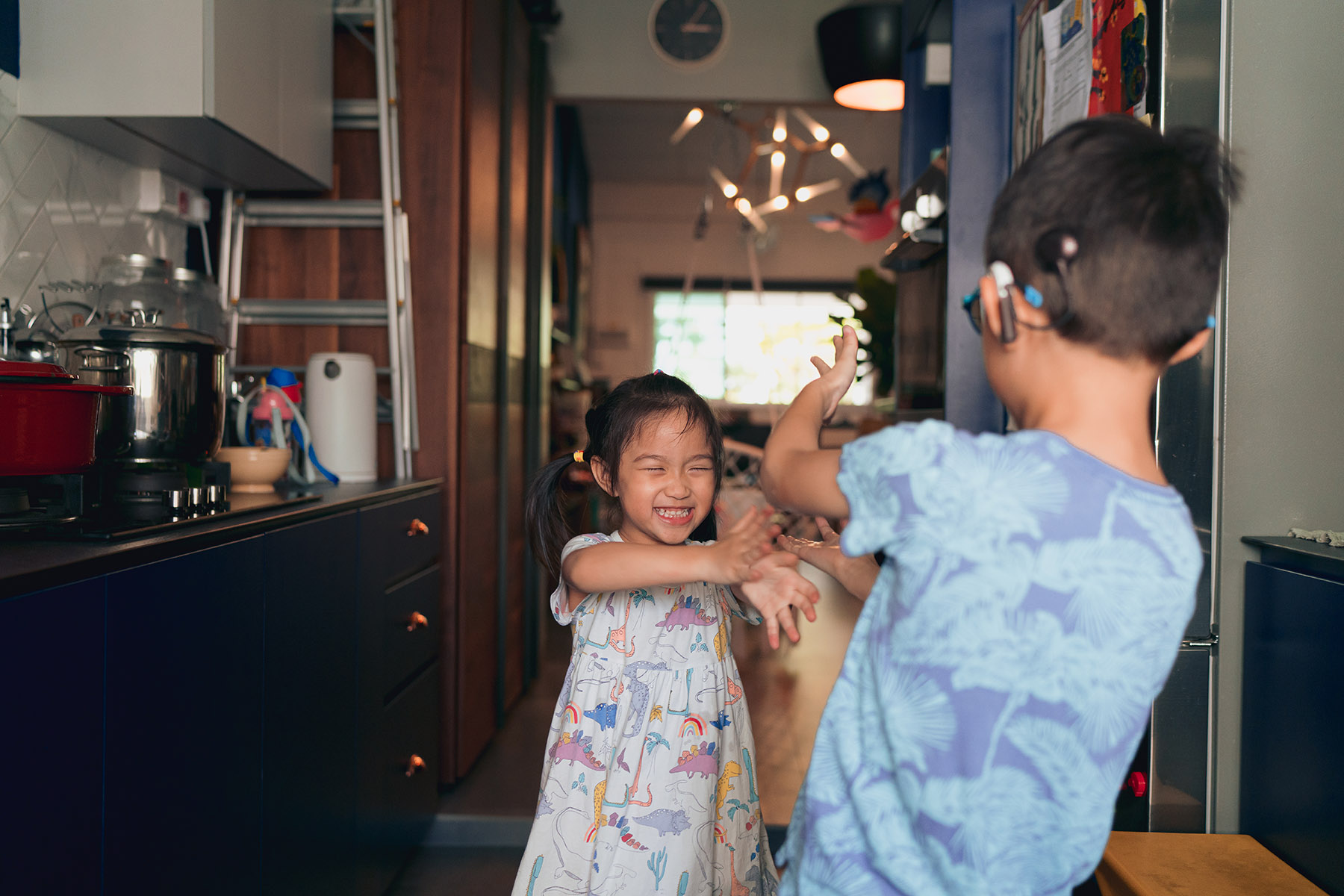
More significantly, the country has not signed these conventions:
- Convention Against Torture
- International Covenant on Civil and Political Rights
- International Covenant on Economic, Social, and Cultural Rights
- International Convention on the Protection of the Rights of all Migrant Workers
You can view Singapore’s human rights positions and developments on the website of the Office of the High Commissioner on Human Rights (OHCHR).
What political rights do you have in Singapore?
Singapore is a representative parliamentary democracy that holds regular elections to choose its president and parliament. Voting is compulsory for citizens aged 21 and above. Only citizens can stand for public office in Singapore.
Interestingly, the country scores below average when it comes to civil society participation. In 2022, only 43% of citizens were active in an organization that chooses and influences policymakers.
Although officially a multi-party democracy, Singapore has been criticized as being a de facto one-party state. The country ranks 70th globally on the 2022 Democracy Index and is classed as a flawed democracy. This is particularly due to a low score on the electoral process and pluralism, and political participation.
Freedom House scores Singapore 19th out of 40 for political rights. Key problems include:
- Several structural barriers that benefit incumbent rulers at the expense of opposition parties (e.g., the voting system and lack of an independent electoral commission)
- Free speech restrictions that obstruct criticism of the government
- State power to shut down groups or organizations deemed a threat
- Corporatist structure creating close ties between business and government, with state-owned or controlled companies prevalent in many sectors
Anyone in Singapore can join a political or social group as long as the group is legally permitted to operate in the country.
Social and cultural rights in Singapore
Beyond guaranteeing the right to access education, practice one’s religion or belief, and establish educational institutions along the lines of religion, the Constitution doesn’t cover much in the way of social and cultural rights.
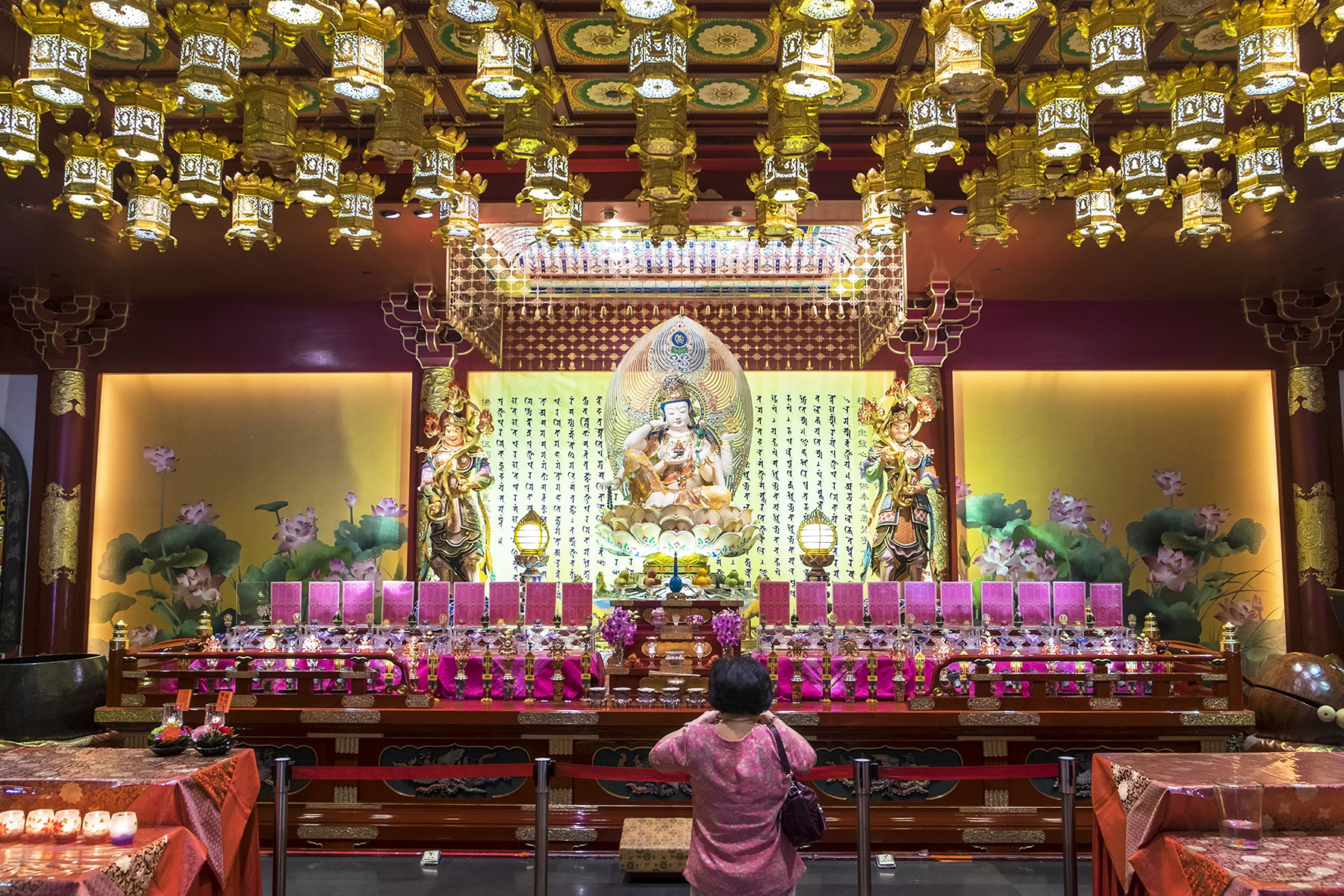
There is also nothing explicitly protecting the right to any particular standard of life or access to social security.
However, that the right isn’t protected doesn’t mean it is not there. Singaporean citizens and permanent residents can access social security through the Central Provident Fund (CPF). This compulsory insurance scheme provides healthcare, social care, pensions, and housing support.
Unemployment benefits are not part of the social security net. Anyone who loses their job will have to rely on personal savings or a private unemployment insurance policy.
It’s worth noting that foreigners living in Singapore (e.g., migrants and temporary residents) do not have an automatic right to welfare benefits. They’ll have to make their own arrangements and take out private insurance, unless their employer provides this through a benefits package.
What rights do workers have in Singapore?
Citizens have the right to work, expats and migrants can only be employed with a work visa. Once you’ve found a job, the country’s labor laws will grant and protect your employee rights. Most of these are based on the Employment Act. However, parts of the labor laws only apply to workers with an income of S$2,600 a month or less (or S$4,500 or less if working in manual labor).
Workers’ rights in Singapore include:
- A working week that does not exceed 44 hours
- The right to annual leave and sick pay
- Certain benefits like maternity pay
There is no minimum wage, except for those working as security guards or in the cleaning industry. All non-government employees have the right to join a union, which, in 2019, was 22.2% of the population. Workers are also allowed to strike if over half of the union members approve the motion.
Lastly, the country legally prohibits discrimination in the workplace on the grounds of race, religion, descent, and place of birth.
What rights do women have in Singapore?
Although gender is not mentioned explicitly under the Equal Rights Act in the Constitution, Singapore has signed the UN Convention on the Elimination of All Forms of Discrimination Against Women. As such, women have the same basic rights as men, including the right to vote, access education, and marry whomever they want.
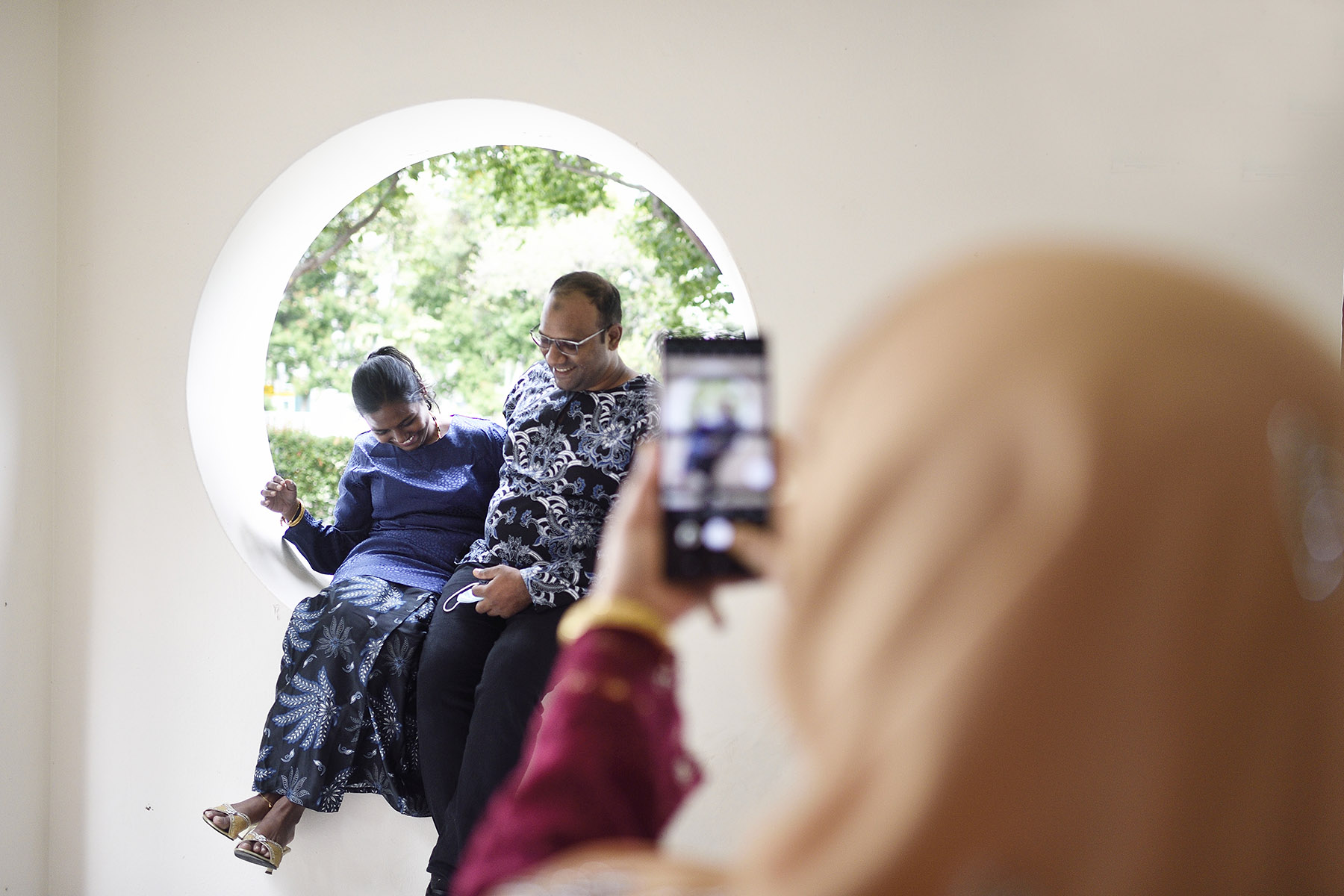
That said, society is conservative and patriarchal. While nine in 10 Singaporeans agree that household chores can be equally shared by husband and wife, gender-defined roles still exist in the Singapore household. Women are often looked upon as primary caregivers and responsible for domestic chores.
Some stats:
- A 2020 study by AWARE and Ipsos revealed that two in five women reported experiencing sexual harassment at work
- In 2021, 71% of women and 55% of men believed that gender inequality still existed in the workplace. Two years later, one in five Singaporeans thought gender discrimination occurred in the workplace (2023).
- The 2022 Gender Gap in Singapore was 0.734, placing the country 49th out of 146 in the world
- Almost 5,200 instances of family violence were reported in 2021. Over double the amount (10,800) of calls were made to the National Anti-Violence and Sexual Harassment Helpline (NAVH) in 2022.
- Singapore ranks 67th out of 193 countries on the percentage of women in parliament, which was 29.1% in June 2023
- Most sexual assault victims fear the repercussions and experience victim-blaming when they report it
What are LGBTQ+ rights in Singapore?
LGBTQ+ rights are severely restricted, and there are no legal protections for the LGBTQ+ community. Changing genders has been legal since 1996, but requires surgery. Gay sex was only decriminalized in 2022, and same-sex marriage is still not legal. What’s more, 58.6% of the population believes that homosexuality is not justifiable (Equaldex, 2022).
As such, Singapore ranks 77th out of 197 countries on the 2023 LGBT Equality Index with a score of 50/100.
If you’re looking for support or a community, you can reach out to:
- Oogachaga – Singapore’s oldest, most established, community-based non-profit organization
- Project X – the only organization that provides social, emotional, and health support to sex workers in Singapore, including those who are gay and transgender
- The T Project – a social service for the transgender community
- Young Out Here – the longest-running non-profit volunteer community group in Singapore
Are disability rights protected in Singapore?
Singapore upholds the UN Convention on the Rights of Persons with Disabilities, but doesn’t have much in the way of national legislation guaranteeing rights or protecting against discrimination. Approximately 3% of the population lives with a disability.
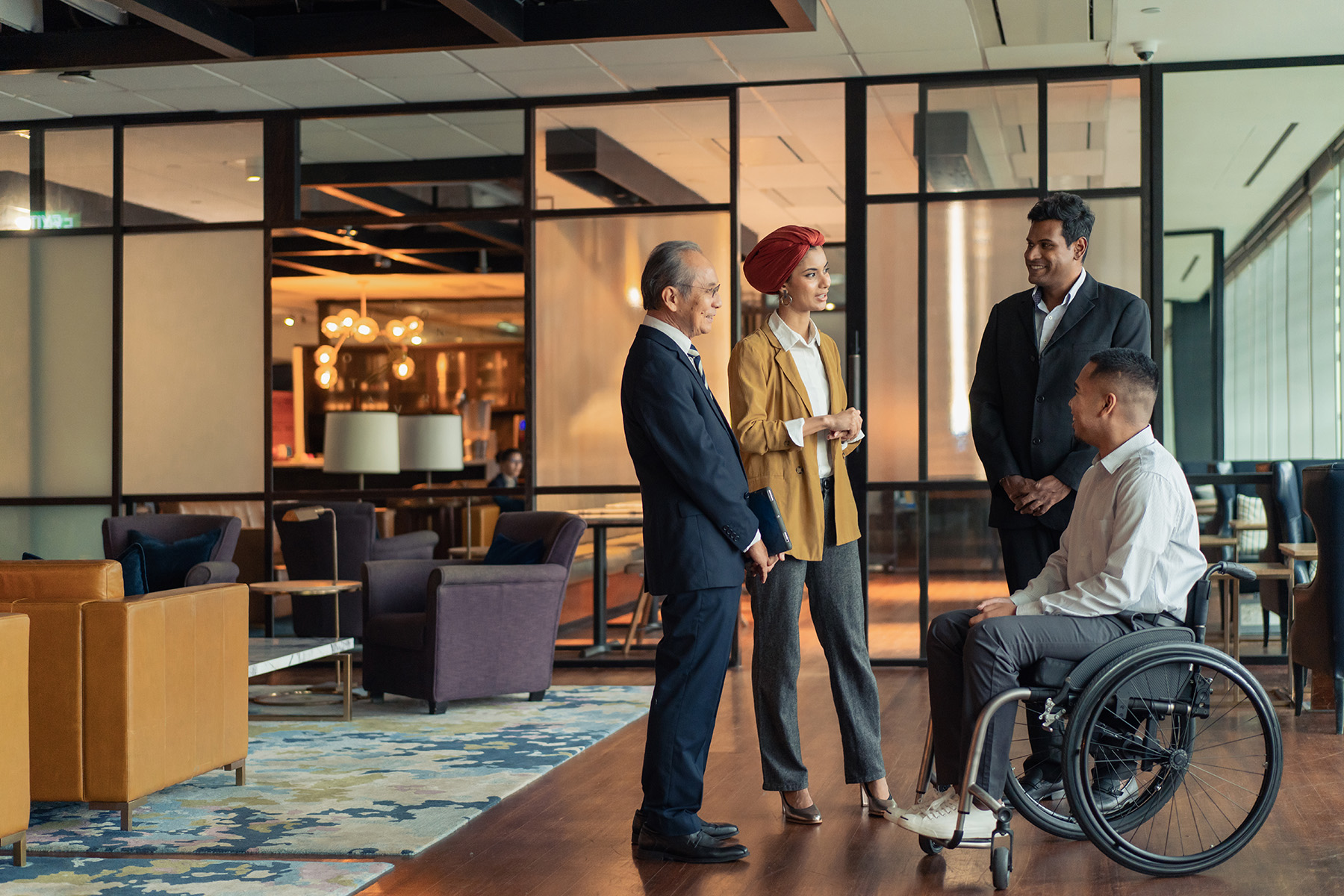
There have been attempts by the government to improve inclusion. For example, the Code on Accessibility in the Built-up Environment 2013 ensures that all new public constructions must be fully accessible.
There are also voluntary sector organizations that provide support, including SG Enable, a registered charity established with state support.
Although the country does not have quotas for disability employment, there are various initiatives to encourage people into work or training, as well as recruitment incentives for employers. According to government statistics, just over 30% of 15–64-year-olds with disabilities were employed in 2021.
The agency Tripartite Alliance for Fair and Progressive Employment Practices (TAFEP) has guidelines on fairness in job practices regarding employees with disabilities. You can also find information on special educational needs (SEN) in both mainstream and specialist schools on the website of the Ministry of Education (MoE). There is also a SEN Fund to support students with disabilities entering higher education.
Other organizations supporting those living with a disability in Singapore include:
Anti-racism and anti-discrimination legislation
There are a couple of laws that concern racism and discrimination in Singapore. For example, the Constitution prohibits discrimination on the grounds of religion, race, descent, or place of birth, and chapter 15 of the Penal Code criminalizes race-related offenses, including the use of racist language or promoting racial hostility.
Other laws dealing with racism and discrimination include:
- The Maintenance of Racial Harmony Act (upcoming)
- The Maintenance of Religious Harmony Act 1990
- The Workplace Discrimination Law (upcoming)
Freedom of religion, belief, or non-belief is generally upheld, and the country is welcoming of diverse cultures and practices. That said, as many as one in two people have experienced workplace discrimination (AWARE, 2022).
Persons with disabilities experienced discrimination at a significantly higher rate (78%) than those without disabilities (50%), as did LGBTQ+ persons (68%) compared to those who do not identify as such (56%). Looking at gender, around 53% of men and 58% of women respondedthat they had experienced at least one type of discrimination.
The discrepancy is worse for those experiencing racial discrimination; 89% of what AWARE calls the minority race felt discriminated against, compared to 44% of the majority race. It is unclear which races they refer to.
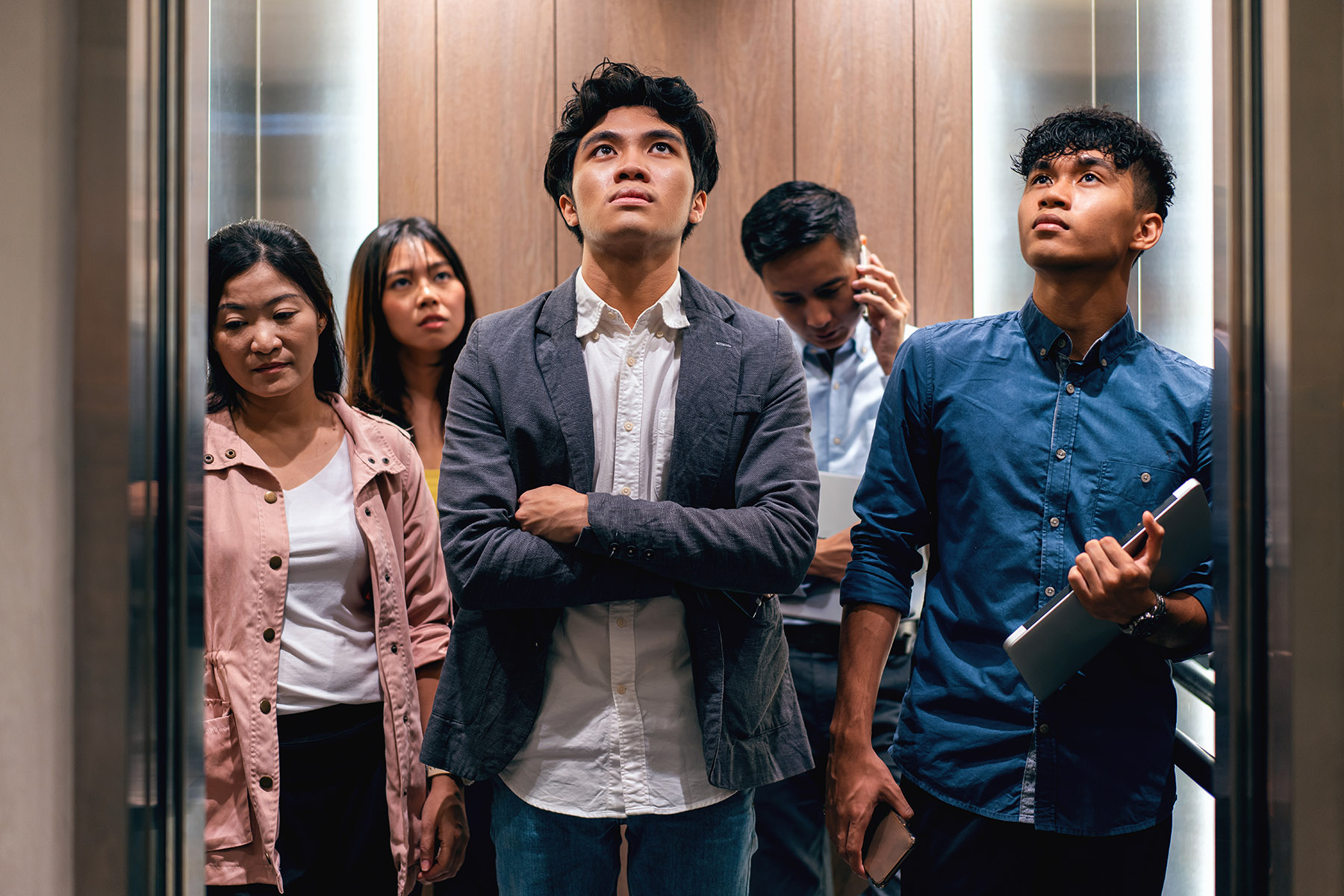
The most common forms of discrimination in Singapore are:
- Race (41% of reports)
- Age (35% of reports)
- Gender (23% of reports)
Interestingly, around half of the population believes racial discrimination is either a thing of the past or that it will be solved within the next decade. Nearly 56% of respondents felt racism was an important issue that needed to be addressed.
Rights of migrants and refugees in Singapore
Singapore does not have legislation for refugees or seeking asylum, and migrant workers are often exploited.
The country generally operates a tiered rights system when it comes to immigration. The Constitution protects citizens only, and non-citizens have no rights when it comes to voting or standing for political office. Most welfare rights apply to citizens and permanent residents, with citizens often afforded greater social protections.
Employment rights typically cover all workers regardless of immigration status. However, migrant domestic workers are frequently excluded from labor law protections, and there has been much evidence of exploitation of this group.
Singapore hasn’t signed the 1951 Geneva Convention on Refugees or the 1967 Refugee Protocol. The government has stated that it is too small a nation to accommodate any number of refugees. As there is no formal asylum application process in place, asylum-seekers risk detention or deportation.
Any asylum applications and refugee registrations are handled by the UN Refugee Agency, UNHCR. And even then, those certified by UNHCR do not have legal status in Singapore. In 2020, there were only five legal refugees in Singapore, the joint-lowest figure in the world.
What do you do if your rights are abused or restricted?
There are a few routes you can take to report human rights violations, depending on the nature of the situation. For example, you can file an official report of workplace discrimination to TAFEP. If you’re experiencing sexual assault or violence, you can reach out to AWARE’s Sexual Assault Care Centre (SACC). This center does not constitute a formal report, but at least you’ll get some support.
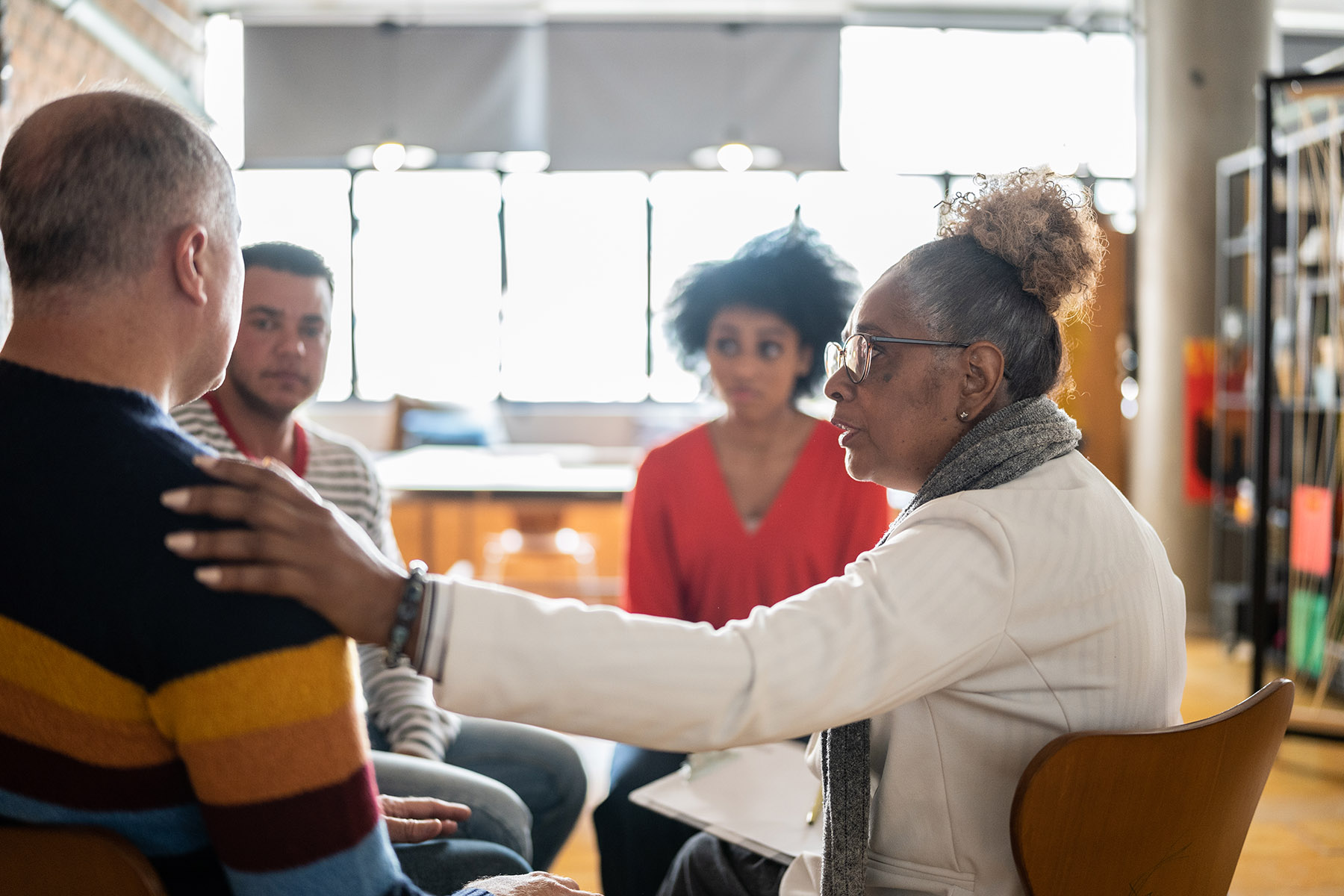
LGBTQ+ people, exploited migrants, dissidents, and the like could file a report with the police, however, they may be safer with the UN OHCHR. The exact process will differ per issue, and whether Singapore has signed up to any international treaties.
What if you are arrested for a crime in Singapore?
The Constitution guarantees the right to a fair trial and protection from unjust treatment by law enforcement authorities in Singapore. Court cases are largely free from external interference, and due process is upheld in most cases.
Anyone arrested must be brought before a court within 48 hours, unless the police apply for an extension under exceptional circumstances. The maximum period of detention without a full trial is:
- One year in most criminal cases
- Two years if deemed a threat to national security
- Up to three years in a rehabilitation center if charged under the Misuse of Drugs Act
It’s worth noting that both the Criminal Law Act 1955 and the Internal Security Act 1960 allow unlimited renewal in certain cases. This effectively permits indefinite detention without trial. These acts also allow warrantless property searches.
Singapore is one of 55 countries worldwide that still use the death penalty. This can be used for capital-offense crimes such as:
- Murder
- Kidnapping
- Drug trafficking
- Assisting the suicide of a minor or someone of unsound mind
The state carried out 11 executions in 2022, after a brief hiatus due to the pandemic. In April 2023, a Tamil man from Singapore was hanged for drug trafficking, despite claims that he wasn’t given adequate interpreters during police interrogation.
Following another execution in July 2023, the Ministry of Home Affairs said in a statement: “Our Government has always believed in doing what is right by Singaporeans. Keeping the death penalty for drug trafficking is in the best interest of our society.”
International condemnation of Singapore’s human rights
Some UN members (e.g., Germany, Ireland, Mexico, Korea, and the US) have raised concerns about the human rights situation in Singapore.
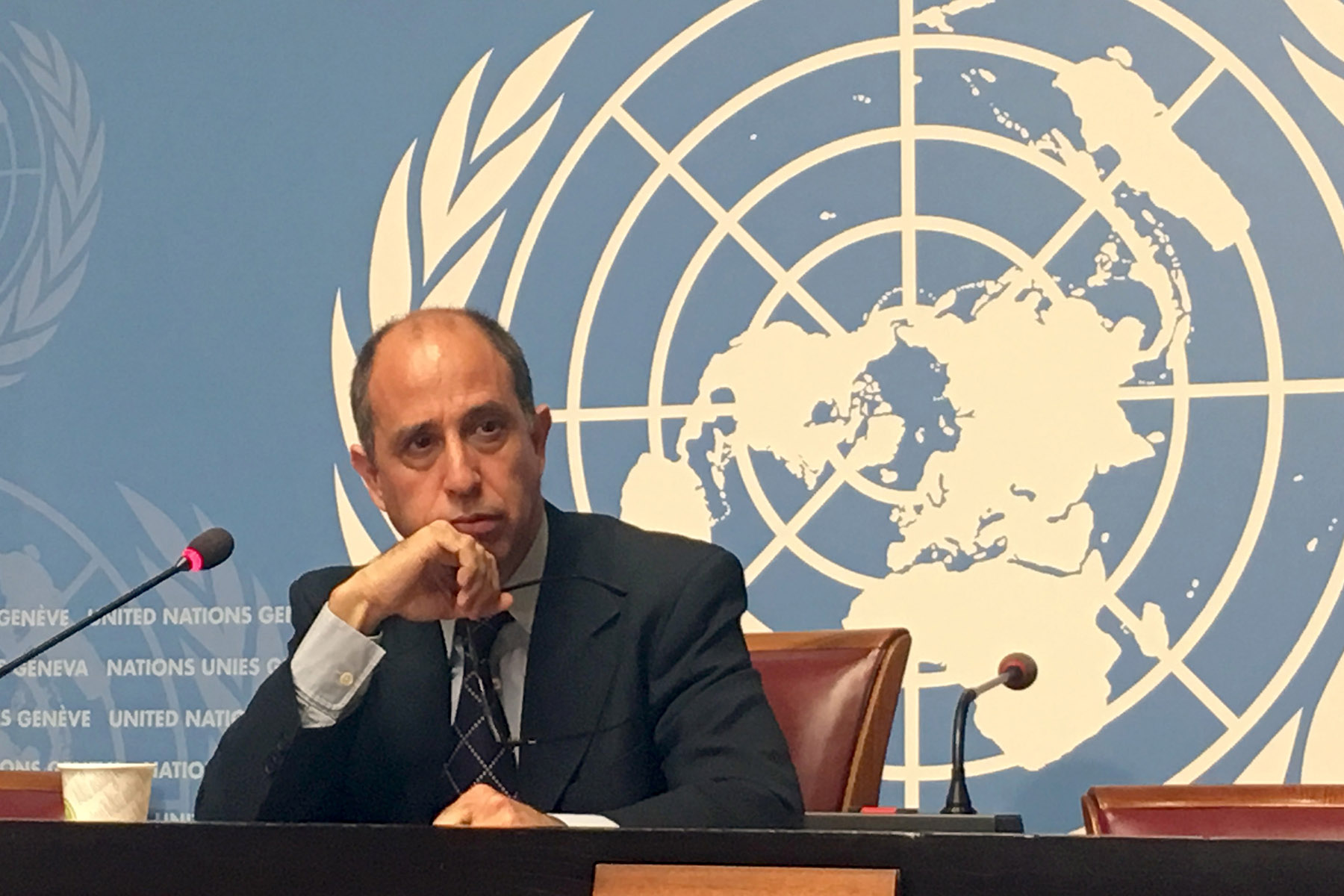
Other (inter)national activists and organizations, including Amnesty International, CIVICUS, FORUM-ASIA, and Human Rights Watch (HRW), criticize the government’s use of restrictive laws to target activists, protesters, and human rights campaigners. Amnesty and HRW also condemn the country’s discrimination against LGBTQ+ groups and migrant workers, and its continued use of the death penalty.
The 2023 World Press Freedom Index by Reporters Without Borders notes that freedom of the press is almost non-existent. It ranks Singapore 129th out of 160 countries, calling it “an example of what not to be.”
Looking at political rights and civil freedoms, the 2023 Freedom House Freedom Index gives the country a low score of 47 out of 100. Their areas of concern include:
- Limited freedom of the press, media, and academics
- Restricted access to the internet
- Evidence of self-censorship in the press, media, and academia for fear of reprisals or career consequences
- Limits to freedom of assembly and protest, with authorities given the power to punish even small violations of the law, and police permitted to use lethal force
- Restrictions on the right to strike or join a union
- Lack of judicial independence and due process in criminal matters
- Excessive state surveillance (including online monitoring)
- Government’s power to shut down human rights NGOs (non-government organizations)
Despite the restricted freedom of speech and assembly, the CATO Institute looks at the country a little more favorably. Its 2022 Human Freedom Index ranks Singapore 44th out of 165 countries, giving more weight to economic freedoms and safety/security.
Which human rights organizations are active in Singapore?
Human rights groups operating in Singapore include:
- Advocates for Refugees – NGO dealing with issues of asylum and forced migration
- Amnesty International Singapore – a branch of the international human rights NGO
- Association of Women for Action and Research (AWARE) – women’s rights organization
- Humanitarian Organization for Migrant Economics (HOME) – helps exploited migrant workers
- MARUAH – Malay-based human rights NGO working to support all groups in Singapore
- Pink Dot SG – LGBT+ rights organization
- Project X – protects the rights of sex workers in Singapore
- Think Center – an advocacy group focused on human rights, the rule of law, and democracy
- Transformative Justice Collective – campaigning against the death penalty in Singapore
- Transient Workers Count Too (TWC2) – promotes fair treatment of migrant workers
- United Women Singapore – promotes female empowerment and gender equality
Useful resources
- 1965 Singapore Constitution – details the fundamental rights of Singapore citizens
- Penal Code of Singapore – the basis of Singapore’s criminal justice system
